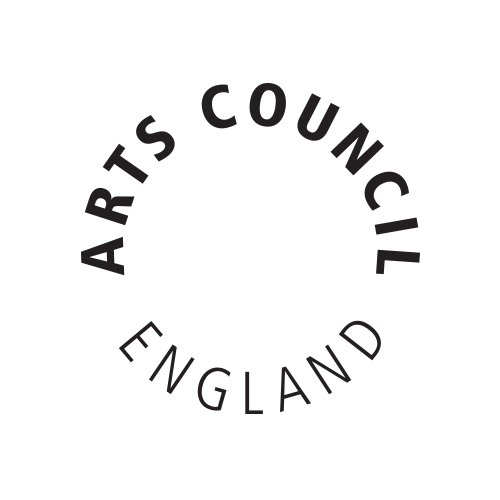Arts Council England (ACE) Chief Executive Darren Henley reflects further on the civil unrest, the impact it has had, and the role of artists and cultural organisations:
“The summer of 2024, which began with the ushering-in of a newly-elected government, will be remembered, in the end, for a series of senseless and terrifying riots: appalling scenes of violence directed against the most vulnerable members of our society, and fuelled, in many cases, by racism and Islamophobia. These riots came at a time when faith-based disturbances of all kinds – antisemitic as well as Islamophobic – have been on the rise across the country; while we all share in the relief that the violence has been stemmed for now, there exists a very real fear that similar incidents may occur again. And for those directly affected – either because they live or work in the communities that suffered, or because people of their ethnicity or faith were specifically targeted – the impact of this summer’s events will continue to reverberate, long after the media has moved on.
“As we come back together after the summer break, then, I want to take a moment to acknowledge the specific impact that the riots have had on friends and colleagues in the cultural sector. For better or worse – and it’s worth remembering that almost always, it’s for better – cultural organisations and artists tend to find themselves at the heart of their communities. The inclusive, empathetic nature of their work (which is, of course, the nature of art) invariably sees them playing a central role in promoting diversity and bringing people together. But the flipside of this is that, in many cases, colleagues in affected communities have felt both personally vulnerable and, at the same time, personally responsible for the work of rebuilding and restoration that must now be done. I am awed by the vigour and vision with which artists and cultural organisations are already making plans to uplift and reunite their communities – but I’m conscious of the burden this additional work places on individuals and organisations who were already operating at more-than-full stretch in the wake of the cost-of-living crisis.”


